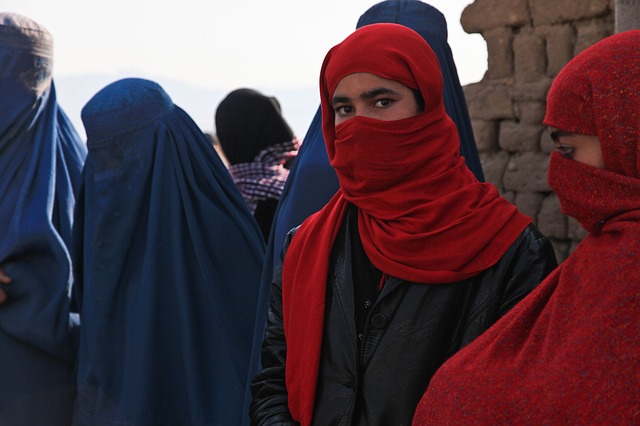“I’m going to bring our kids back home” Trump has promised during his campaign. The Americans believed him and now he is trying to keep his word.
In early March after grueling negotiations with the Taliban, Secretary of State Mike Pompeo flew to Doha to sign a peace treaty that left almost all observers baffled.
Firstly, because the official government of the country did not participate in the negotiations and now it is expected to keep the commitments that Pompeo had assumed.
Even if it had participated, it would have been uninfluential, since the establishment controls only 35% of the Afghan territory.
Secondly, because the Taliban do not lay down their arms and generally commit themselves to ruling the country; in accordance with the government in charge.
The war wanted by President Bush lasted 19 years. At the moment, the death toll is as follows: 31,000 civilians for bombings or firefights; 80,000 Taliban soldiers and Afghan militants; 3,500 coalition soldiers including 54 Italians.
In addition, the country; has been deeply infiltrated by guerrillas from Al Qaeda and Daesh, which the Taliban have pledged to neutralize by signing the Doha peace.
The Americans are preparing to leave Afghanistan in chaos and miserywithin the next 13 months<7b>, handing it – in fact – into the hands of those against whom they fought.
After 19 years of conflict, for Trump, any peace is fine, and it seems that voters do not argue with him. But actually it is a second Vietnam which the US media have carefully decide not to document, as opposed to what had happened on the Indo-Chinese peninsula in order to avoid another moral trauma to the country.
Within 14 months, all U.S. soldiers are expected to be home, and in the next 3 months their presence is expected to shrink from 13,000 to 8,600.
However, there is no reason to think that Taliban fundamentalism has softened in recent years. There are even good reasons to predict their effective takeover of Kabul and the resurgence of the Islamic State.
Trump‘s move may be electoral, but the reality lies in those towering mountains that are impossible to climb, in those three-meter-wide streets where, blowing up the tracks of a wagon a whole convoy is stopped, on which Taliban snipers can take the shot.
Between 1979 and 1989, not even the formidable Russian expeditionary corps, made up of six hundred thousand men, had managed to bend the resistance of the Taliban, even without saving resources and lives.
The population is not sympathetic to any of the parties involved and wants only to survive. The Taliban promise that they will let girls go to school, but also warn that the Islamic traditions will not be abandoned.
The Trump’s administration seems only interested in disengaging, and to achieve this goal it is willing to pay the reconstruction through annual instalments.
Moscow has also promised the local emirate – which should arise – concrete aid. Women are very scared and try in every way to go abroad, perhaps winning a scholarship wherever it may be.
They do not believe that today’s Taliban are any different from yesterday’s one: in Kabul, about 45,000 policemen died in the Islamist Attacks.
The poppy fields have not been touched and no one understands why. Or, if you understand it, you look very carefully from saying it.
Isis terrorists control large areas of the country, clashing frequently with the Taliban and the government in a three-way battle for power that does not interestmost of the population.
On 24 February 2019, the UN Assistance Mission in Afghanistan published its tenth annual report showing that 3,804 civilian casualties were recorded in 2018, including 927 children.
After four decades of almost uninterrupted war, the Afghans are only asking for peace: the possibility of a normal existence, of work and school, in which they are able to rebuild their homes and of being able to live their own dignified poverty, whatever the government that will be set up.








